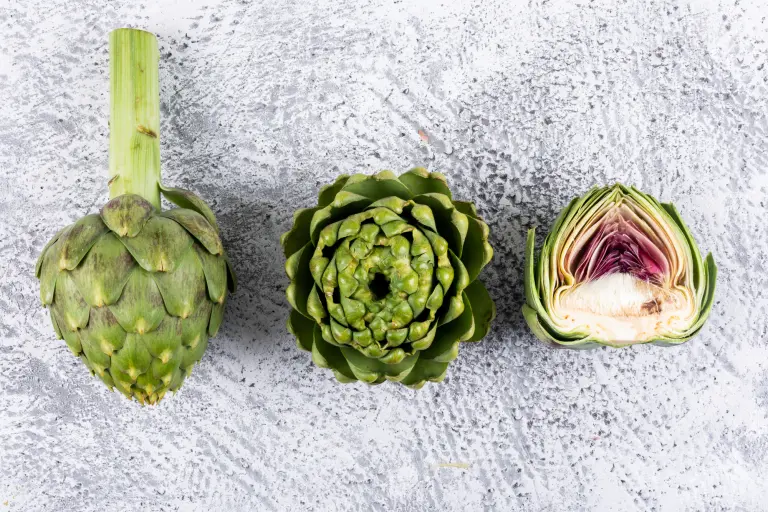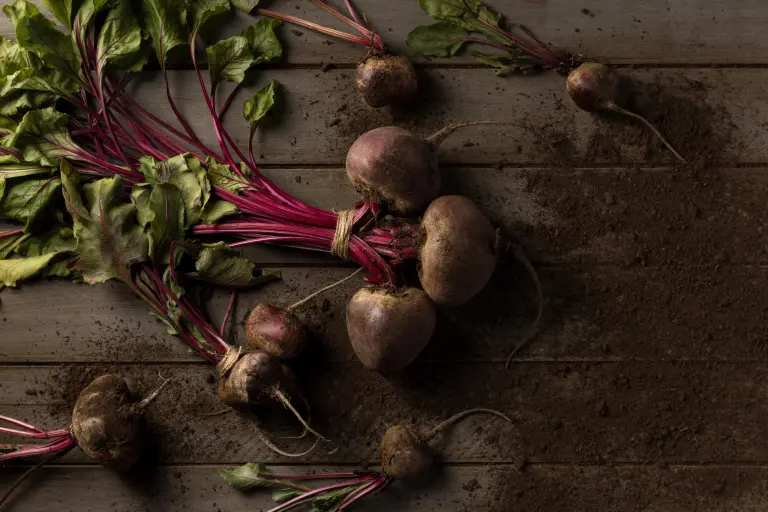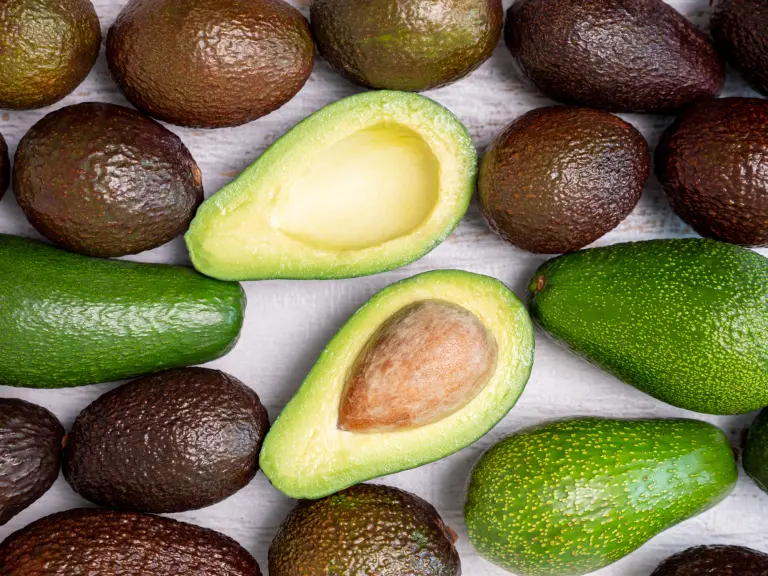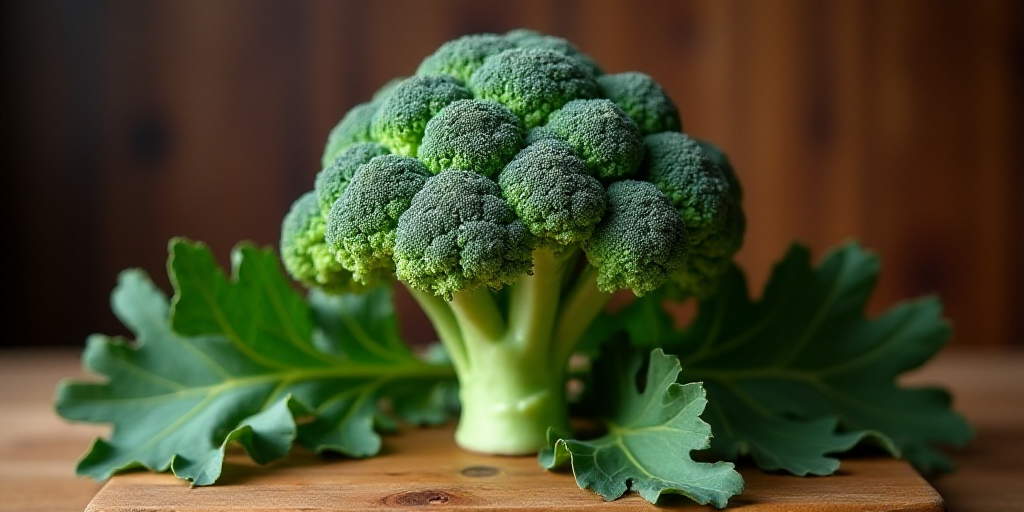Understanding the Liver’s Role and Importance
Your body has a natural detoxification system, and the liver is its command center. It performs over 500 essential functions, including filtering toxins, regulating blood sugar levels, storing nutrients, producing bile for fat digestion, and metabolizing medications. However, when we overload it with sugars, alcohol, processed foods, and saturated fats, its self-cleaning ability is compromised.
Unlike many detox diets that promise a “magic button” to cleanse your body in three days, there isn’t one. However, certain foods can optimize liver function when consistently included in your diet, prevent damage, and support its natural regeneration process.
Expert Recommendations for Liver Health
The American Liver Foundation, the Global Liver Institute, and publications like the Nutrition Reviews Journal agree that the best support for your liver comes from a diet rich in fiber, antioxidants, healthy fats, and cruciferous vegetables.
1. Broccoli: The Star of Cruciferous Vegetables
Among the recommended vegetables for the liver, broccoli stands out due to its high sulforaphane content. This compound activates antioxidant enzymes in liver cells and helps reduce fat storage in the liver, particularly beneficial for individuals with non-alcoholic fatty liver disease.
Researchers from the University of Illinois have demonstrated that broccoli can prevent fatty liver accumulation induced by high-fat diets, thanks to its glucosinolate compounds and anti-inflammatory properties.
2. Artichoke: Stimulates Bile and Protects the Liver
Traditionally used in European medicine, artichoke contains cinarin and silymarin, two substances that stimulate bile production. This improves fat digestion and facilitates the elimination of toxins.
Studies published by the Phytomedicine Journal suggest that artichoke can help regenerate liver cells and reduce cholesterol levels, as well as offer antioxidant protection against liver damage caused by medications or substances like alcohol.

Artichoke
3. Garlic: A Natural Detoxifier
Garlic contains allicin and selenium, two compounds that favor the activation of liver enzymes responsible for decomposing and eliminating toxins from the body. Additionally, it helps reduce blood pressure and inflammation, conditions that indirectly affect the liver.
According to a study published in the Journal of Nutrition, regular garlic consumption is related to a lower incidence of non-alcoholic fatty liver disease and improved lipid profile.
4. Beetroot: A Deep Antioxidant
The intense color of beetroot is due to betacarotene, a powerful antioxidant that protects the liver from oxidative stress. Moreover, its high nitrate content improves cellular oxygenation and stimulates hepatic blood flow, facilitating toxin elimination.
Beetroot is also rich in fiber and folate, both crucial for liver metabolism and the elimination of harmful compounds.

Beetroot
5. Turmeric: The Premier Anti-inflammatory
Curcumin, found in turmeric, has been the subject of numerous studies due to its ability to reduce inflammation and oxidative damage. In the liver, these effects translate into improved cellular function and a halt to non-alcoholic fatty liver disease progression and fibrosis.
6. Avocado: Good Fats for Repair
Avocado is not only rich in monounsaturated fats but also contains glutathione, an antioxidant that neutralizes free radicals and facilitates the elimination of heavy metals. Its fatty acid profile helps reduce inflammation and improves insulin sensitivity, which benefits the liver in its role of regulating blood sugar levels.
Avocado also provides fiber and vitamin E, both essential for proper liver function.

Avocado
7. Lemon: Digestive Activator and Antioxidant
Lemon juice in the morning is not a miracle cure, but its high vitamin C and flavonoid content does have positive effects on the liver. Vitamin C favors the production of enzymes necessary for toxin metabolism, while its antioxidant compounds help reduce cellular inflammation.
A practice recommended by many functional nutrition experts is to drink warm water with a few drops of lemon upon waking as a gentle way to activate the digestive system.
Other Natural Allies
Besides the seven foods mentioned above, other ingredients also favor liver health: walnuts for their omega-3 content, coffee for its protective effect against liver fibrosis, green tea for its richness in catechins, and flaxseeds for their lignans and essential fatty acids.
Experts advise against excessive alcohol consumption, sugary drinks, processed meats, and refined carbohydrates, as all these products increase liver burden and promote fat accumulation.






